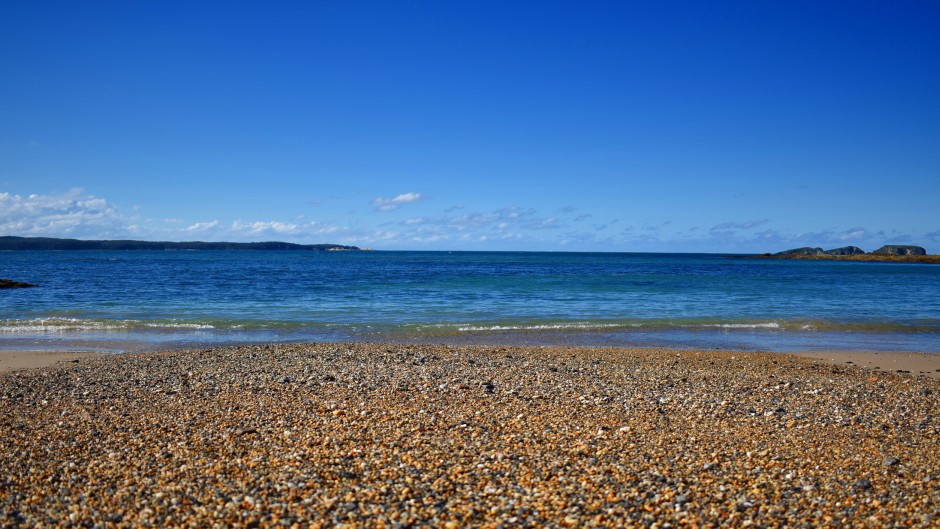OTTAWA - Lumpy white globs washing up on the shores of Canada's Atlantic island province of Newfoundland for weeks have captivated the imagination of locals and are baffling scientists.
The slimy, spongy globs as big as dinner plates were discovered by beachcombers in early September scattered over the pebbly beaches of Placentia Bay on the island's southern tip.
Several people posted pictures on social media asking if anyone knew anything about them.
Responses flooded in, some speculating that they may be clumps of cheese, alien poo or whale boogers.
"OMG is that Olaf?" a snowman character in the Disney film Frozen, posted Selina Stoyles.
Others opined they might be discarded breakfast biscuit dough or paraffin waxes from a tanker that was cleaned out and discharged at sea. They tried to light them on fire, discovering that they are combustible.
Authorities say they are taking this possible pollution threat to the coastal environment "very seriously."
The Canadian Coast Guard sent a three-person team "to assess the situation" and collect samples of the globs on the beaches west of the provincial capital St. John's, for testing.
Federal environmental emergencies officers also visited the area several times, conducting what the environment ministry said were extensive "aerial, underwater, and manual surveys of the beaches and shorelines in the area to determine the extent of the substance, what it is and its potential source."
"At this time, neither the substance nor its source has been identified," Environment and Climate Change Canada spokeswoman Eleni Armenakis told AFP.
"Preliminary analysis at an ECCC laboratory suggests that the material could be plant-based," she said.
However, further analysis on the "mysterious substance" is needed to determine exactly what it is and its potential impacts, she added.

